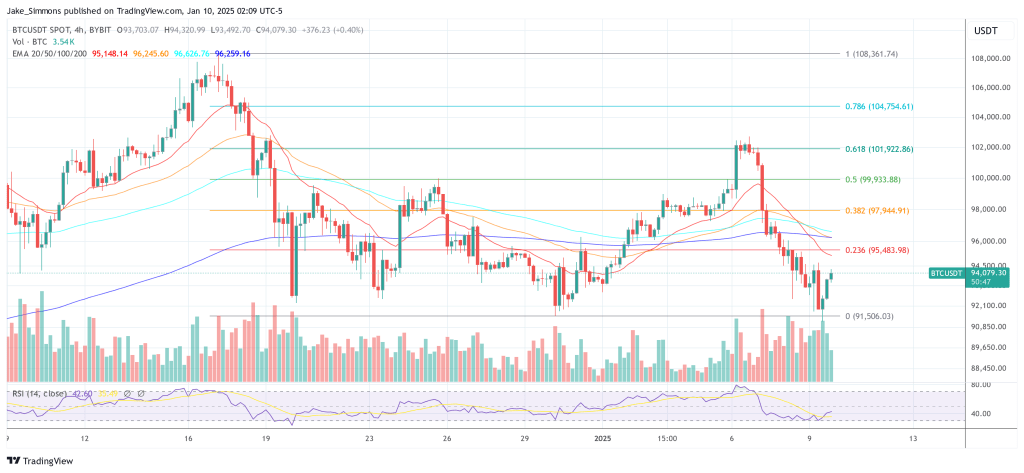In an interview with Peter McCormack, the longtime Bitcoin advocate and host of a podcast that originally focused solely on Bitcoin before expanding to cover UK politics, former UK Prime Minister Liz Truss expressed her support for Bitcoin and expressed deep reservations about central bank digital currencies (CBDCs). Truss, who briefly served as the UK’s Prime Minister and Leader of the Conservative Party, spoke candidly about monetary policy, the Bank of England’s independence, and the potential implications of CBDCs.
Pro-Bitcoin, Against CBDCs
During the interview, Truss explained her position on digital assets, emphasizing their capacity to “take power away from central banks.” She stated: “I am a supporter of Bitcoin and cryptocurrency. I think they’re a good thing. I think they help take power away from central banks… I’m very, very worried about anything like a central bank digital currency completely. I think they give the state huge amounts of power.”
She expressed concern over unchecked influence wielded by central banks, particularly the Bank of England, which she argued remains “unaccountable.” Referring to quantitative easing (QE) and inflationary pressures, Truss noted: “We’ve had huge levels of inflation, we had QE that went on for far too long, asset price spikes… and the result was inflation. We were told beforehand that it was going to be transitory and it wasn’t transitory, even though the lessons had all been learned before.”
According to Truss, these policy decisions—combined with the lack of accountability—have resulted in significant financial strain on British households.
McCormack pressed Truss on whether a central bank is truly necessary. She underscored that if the UK decides to maintain a central bank, it must address its governance: “That’s an interesting question. Well, if we do have one, it ought to be accountable. So at the moment, we’ve got the worst of all worlds—we’ve got an unaccountable central bank.”
Truss criticized the transfer of power from the Treasury to the Bank of England dating back to former Chancellor Gordon Brown’s move to grant the bank operational independence. She suggested that a lack of robust oversight led to policy missteps with long-term consequences. “What Gordon Brown did in making it independent… you can see the results. We’ve had QE for far too long… supporting very, very lax government spending policies with printing money.”
Truss made it clear she sees potential danger in an official central bank digital currency. Highlighting her primary misgiving, she said: “I think they give the state huge amounts of power and what we know is overweening state power is not a good thing… it also feels like part of the surveillance State.”
Her remarks echoed broader concerns within the cryptocurrency community, where critics warn that a CBDC could enable governments to monitor and control individual transactions more directly than with cash or decentralized cryptocurrencies.
While reflecting on her tenure in government, Truss revealed that delving into monetary policy matters was discouraged: “When I was at the Treasury and tried to ask about monetary policy, I was told it wasn’t our responsibility, it was the responsibility of the Bank of England… during the leadership campaign in 2022 where I flagged up all the policies I was going to pursue, I said that we should look again at the Bank of England’s mandate.”
She insisted that a broader debate on the mandate and accountability of the Bank of England is crucial to ensuring more robust monetary policies. According to Truss, the Chancellor of the Exchequer should not shy away from engaging on such policies, despite resistance from the Bank or accusations of threatening its independence.
“Whenever an organization justifies itself by saying it’s independent, that in my view is a red flag that there is a problem. So all of this should be talked about: the international monetary system, the independence of central banks, the role of cryptocurrencies,” Truss remarked.
At press time, the Bitcoin price was at $94,079.













